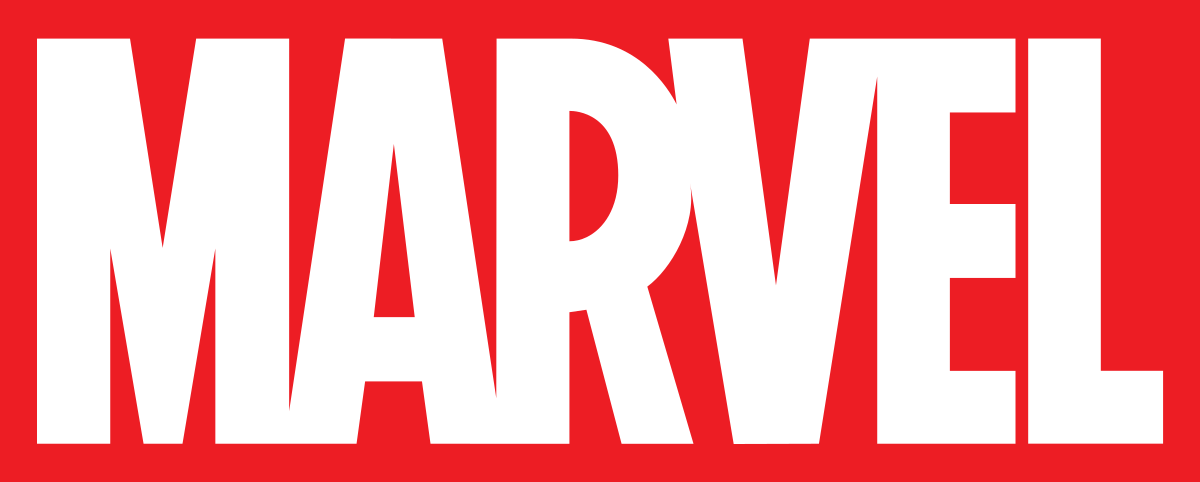Introduction
For decades, Marvel has captured the hearts of audiences worldwide with its extraordinary roster of superheroes and engaging storytelling. With a vast and interconnected universe of characters, Marvel has become a dominant force in popular culture, inspiring countless fans and leaving an indelible mark on the entertainment industry. In this blog, we embark on an epic journey through the Marvel Universe, exploring its origins, impact, and the enduring appeal of its iconic superheroes.
Birth of the Marvel Universe
The Marvel Universe was born in 1961 when writer Stan Lee and artist Jack Kirby introduced “The Fantastic Four” in their eponymous comic book series. This groundbreaking creation marked a shift from the traditional portrayal of superheroes, as these characters faced real-life issues and personal conflicts, making them more relatable to readers.
The Age of the Avengers
In 1963, Lee and Kirby joined forces again to assemble another iconic superhero team: “The Avengers.” Comprising Iron Man, Thor, Hulk, Ant-Man, and the Wasp, this ensemble cast laid the foundation for future superhero teams and crossovers. The Avengers became the cornerstone of the Marvel Universe, leading to the formation of other legendary teams such as the X-Men and the Guardians of the Galaxy.
Spider-Man: The Friendly Neighborhood Hero
No discussion of Marvel would be complete without mentioning Spider-Man, one of the most beloved and enduring characters in comic book history. Created by Stan Lee and Steve Ditko in 1962, Spider-Man, with his alter ego Peter Parker, became the epitome of a relatable superhero, juggling personal struggles and the responsibilities of being a hero.
The Marvel Cinematic Universe (MCU)
In 2008, Marvel Studios initiated a groundbreaking project that would forever change the landscape of superhero films: the Marvel Cinematic Universe. Starting with “Iron Man,” Marvel Studios began a series of interconnected films, with each installment contributing to an overarching narrative leading to epic team-up films like “The Avengers.”
The MCU has become the highest-grossing film franchise of all time, captivating audiences with its impressive roster of superheroes, intricate storytelling, and breathtaking action sequences. Iconic characters like Iron Man, Captain America, Thor, and Black Panther have become cultural icons, inspiring fans of all ages.
Diversity and Representation
Marvel has also made strides in promoting diversity and representation in its comics and films. With characters like Black Panther, the first black superhero with his own comic book title, and Kamala Khan, the first Muslim-American superheroine, Marvel has created a more inclusive and representative universe, resonating with audiences from diverse backgrounds.
The Legacy of Marvel
The legacy of Marvel lies not only in its captivating superhero tales but also in its ability to inspire hope and courage. These stories often explore themes of sacrifice, heroism, and the constant struggle between good and evil. Marvel has shown that even the most powerful heroes have vulnerabilities, making them more relatable and inspiring in the face of adversity.
Conclusion
The Marvel Universe has become an integral part of modern popular culture, shaping the way we perceive and celebrate superheroes. From the pages of comic books to the silver screen, Marvel’s extraordinary characters and compelling narratives have created a global community of fans, united by their love for these larger-than-life heroes. As Marvel continues to expand its universe with new stories and characters, the legacy of these superheroes will undoubtedly endure, reminding us all that heroes can come in many forms and that even the smallest acts of kindness can make a world of difference. Excelsior!

